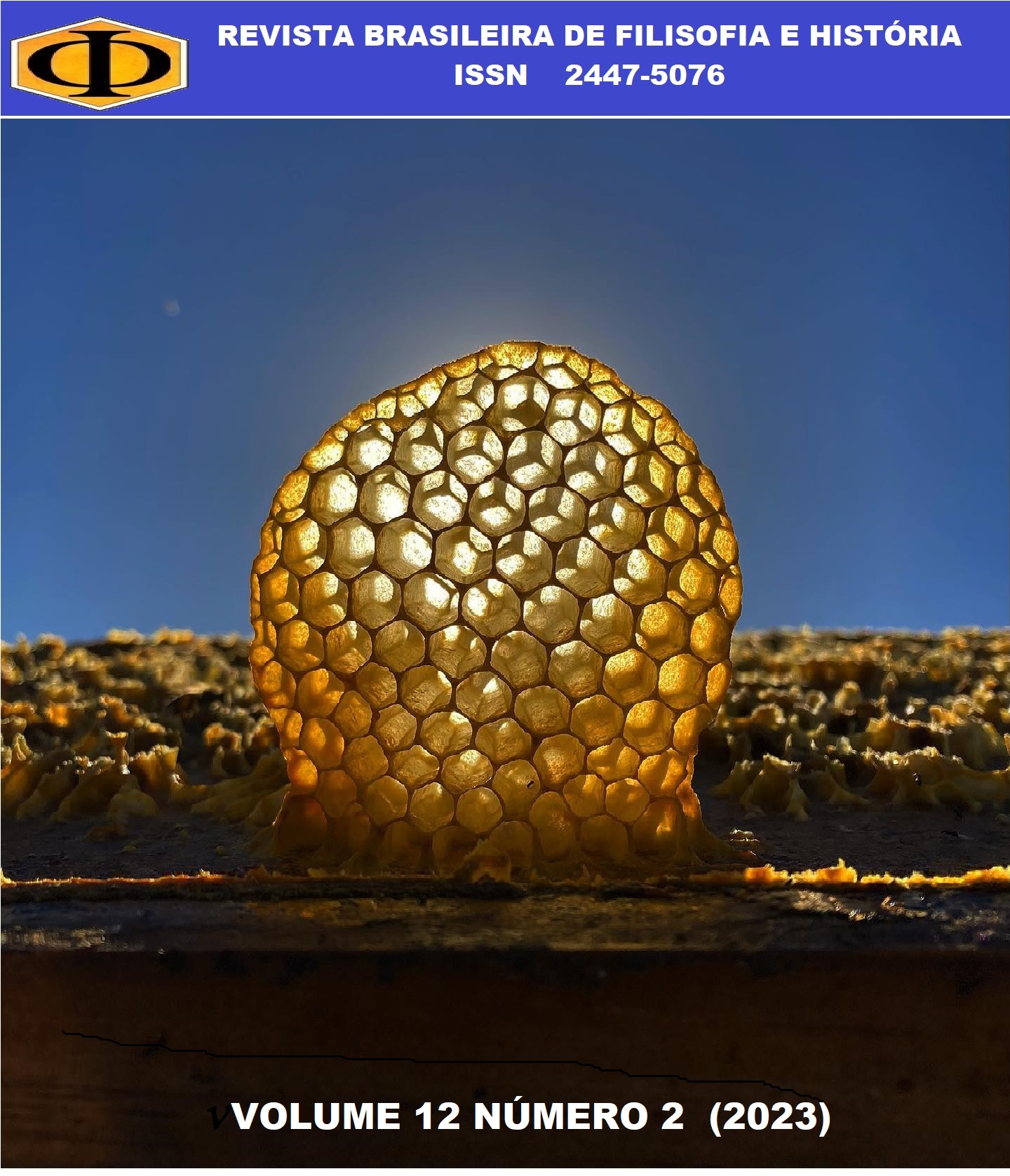Ensuring the Reasonable Duration of the Process and Criminal Prescription: Applicability in the Brazilian Legal System
Abstract
This paper aims to show the failure and sometimes non-compliance with the principle of reasonable duration of the process. Introduced as a fundamental right and guarantee through Constitutional Amendment No. 45, the positivization of such principle, seeks to guarantee rights in a fast, fair and effective way, whether in the judicial or administrative sphere. According to this, the work focuses on the exacerbated dilation of criminal actions, critically pointing out the serious consequences for the parties that make up the litigation, analyzing the reasons for the occurrence and the social and procedural consequences for the litigants. Therefore, it was used a bibliographical research, qualitative, inductive method to seek to develop about the time lapse of the proceedings in the criminal process. In view of the above, it is concluded that only through a democratic and dignified criminal process can be realized the fundamental rights and guarantees provided for in our Magna Carta, so that thus, is inhibited the inconsistency and the undue dilations, achieving the highest goal of law: justice.
References
BRASIL. Código de Processo Penal. Brasília: Presidência da República, 1941. Disponível em: <https://www.planalto.gov.br/ccivil_03/decreto-lei/del3689.htm>. Acesso em: maio de 2023.
BRASIL. Conselho Nacional de Justiça. Código de Ética da Magistratura Nacional. Brasília, 2009. Disponível em: <https://www.cnj.jus.br/codigo-de-etica-da-magistratura/>. Acesso em: 30 jun. 2023.
BRASIL. Conselho Nacional de Justiça. Dados estatísticos de estrutura e localização das unidades judiciárias com competência criminal. Brasília, 2020. Disponível em: . Acesso em: 30 jun. 2023.
BRASIL. Constituição Federal de 1988. Brasília: Presidência da República, 1988. Disponível em: <https://www.planalto.gov.br/ccivil_03/constituicao/constituicao.htm>. Acesso em: 30 jun. 2023.
BRASIL. Justiça em Números 2022. Brasília: CNJ, 2022. Disponível em: <https://www.cnj.jus.br/wp-content/uploads/2022/09/justica-em-numeros-2022-1.pdf>. Acesso em: 30 jun. 2023.
BRASIL. Lei no 13.964, de 24 de dezembro de 2019. Aperfeiçoa a legislação penal e processual penal. Brasília: Presidência da República, 2019. Disponível em: <https://www.planalto.gov.br/ccivil_03/_ato2019-2022/2019/lei/l13964.htm>. Acesso em: 30 jun. 2023.
CAPEZ, Fernando. Curso de Processo Penal. 18 ed. São Paulo: Saraiva, 2011.
Jogos. Florianópolis: E Mais, 2020.
LIMA, Renato Brasileiro de. Manual de Processo Penal. 8. ed. rev., ampl. e atual. Salvador: Ed. JusPodivm, 2020.
LOPES JÚNIOR, Aury. Direito processual penal. – 17. ed. – São Paulo: Saraiva Educação, 2020.
LOPES JÚNIOR, Aury. Teoria da dissonância cognitiva ajuda a compreender a imparcialidade do juiz. Disponível em: <https://www.conjur.com.br/2014-jul- 11/limite-penal-dissonancia-cognitiva-imparcialidade-juiz>. Acesso em: maio de 2023.
MORAIS DA ROSA, Alexandre. Guia do Processo Penal conforme a Teoria dos
NUCCI, Guilherme de Souza. Processo Penal e Execução Penal. 3. ed. São
Paulo: Revista dos Tribunais, 2007.
RANGEL, Paulo. Investigação Criminal Direta Pelo Ministério Público: Visão Crítica. 3. ed. Rio de Janeiro: Lumen Juris, 2009.
Downloads
Published
How to Cite
Issue
Section
License
Esta é uma revista de acesso livre, onde, utiliza o termo de cessão seguindo a lei nº 9.610/1998, que altera, atualiza e consolida a legislação sobre direitos autorais no Brasil.
Autores que publicam na Revista Brasileira de Filosofia e História (RBFH) concordam com os seguintes termos:
O(s) autor(es) doravante designado(s) CEDENTE, por meio desta, cede e transfere, de forma gratuita, a propriedade dos direitos autorais relativos à OBRA à Revista Brasileira de Filosofia e História (RBFH), representada pelo Grupo Verde de Agroecologia e Abelhas (GVAA), estabelecida na Rua João Pereira de Mendonça , 90 Bairro Petropolis em Pombal - PB doravante designada CESSIONÁRIA, nas condições descritas a seguir: 1. O CEDENTE declara que é (são) autor(es) e titular(es) da propriedade dos direitos autorais da OBRA submetida. 2. O CEDENTE declara que a OBRA não infringe direitos autorais e/ou outros direitos de propriedade de terceiros, que a divulgação de imagens (caso as mesmas existam) foi autorizada e que assume integral responsabilidade moral e/ou patrimonial, pelo seu conteúdo, perante terceiros. O CEDENTE cede e transfere todos os direitos autorais relativos à OBRA à CESSIONÁRIA, especialmente os direitos de edição, de publicação, de tradução para outro idioma e de reprodução por qualquer processo ou técnica através da assinatura deste termo impresso que deverá ser submetido via correios ao endereço informado no início deste documento. A CESSIONÁRIA passa a ser proprietária exclusiva dos direitos referentes à OBRA, sendo vedada qualquer reprodução, total ou parcial, em qualquer outro meio de divulgação, impresso ou eletrônico, sem que haja prévia autorização escrita por parte da CESSIONÁRIA.












